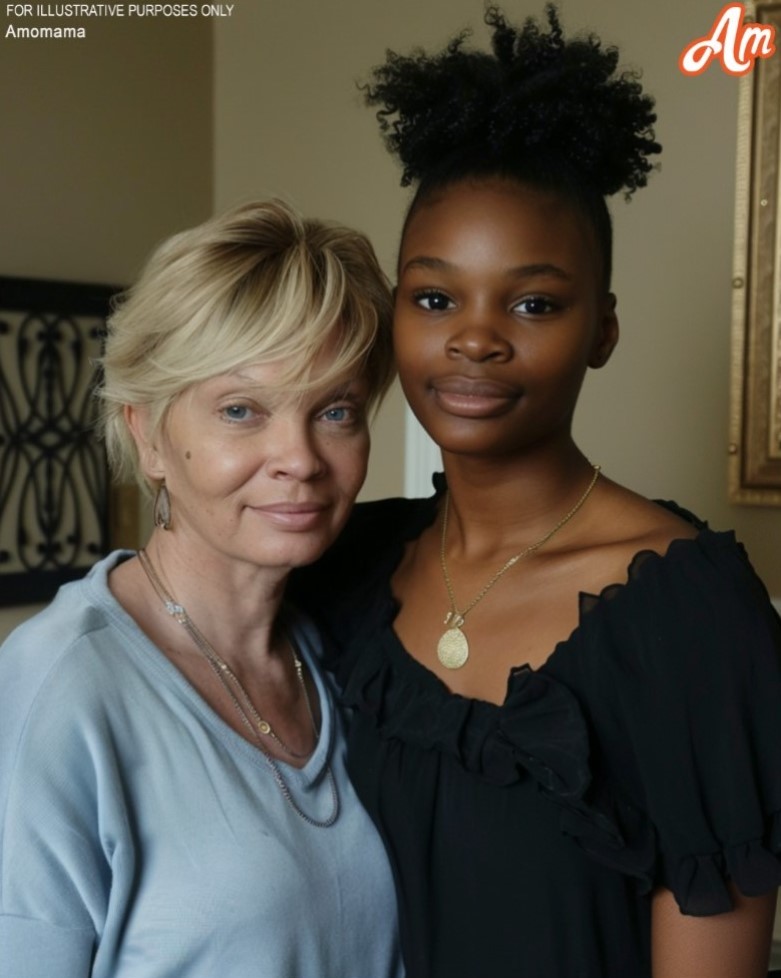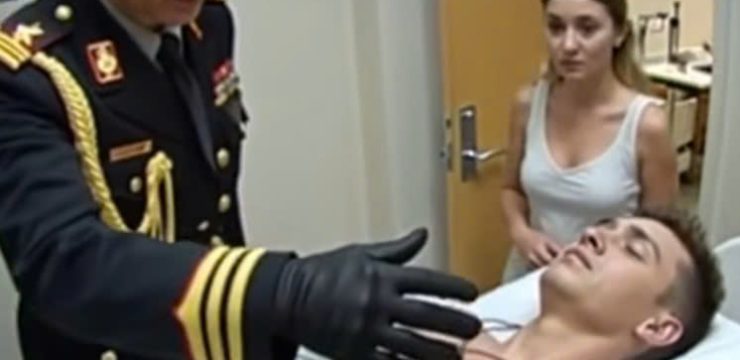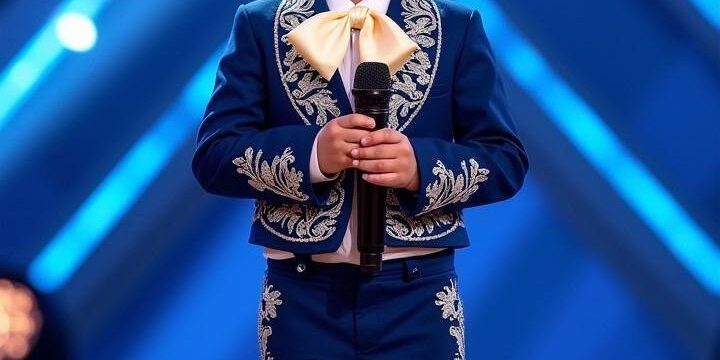For years, I lived as an afterthought in my stepfamily, quietly enduring life on the sidelines. Then, one day, my life took an unexpected turn. A phone call from a lawyer revealed that my stepmother, Linda, had left me her $2.5 million vacation home while her daughters, Amanda and Becca, received only $5,000 each. The reason behind her decision stunned me.

When I was 12, my dad remarried Linda, a woman who brought her two daughters into our lives. Amanda and Becca, a few years older than me, were the center of attention from the start. Linda showered them with praise, celebrating their achievements and ensuring they were always in the spotlight. Meanwhile, I faded into the background, unnoticed and unimportant.
I remember watching family gatherings from the corner, feeling like an outsider. Linda often boasted about Amanda and Becca’s straight A’s, their talents, and their charm. My own accomplishments sat ignored on the kitchen counter. I’d try to connect, offering help with homework or engaging in conversation, but my efforts were met with indifference or subtle disdain.
Linda wasn’t cruel, but she was distant. I wasn’t included in the family’s plans or discussions. Vacations were tailored to Amanda and Becca’s preferences, and holidays left me in the kitchen cleaning up while they laughed in the living room. One day, when I asked why everything revolved around them, Linda’s dismissive response stung: “You’re not the only one here, Carol. Stop acting like a victim.”
By the time I turned 18, I couldn’t handle the exclusion anymore. I left for college, cutting ties with Amanda and Becca and keeping Linda at a distance. When my dad passed away two years later, whatever fragile connection we had dissolved. Linda disappeared from my life, and for 15 years, I barely thought of her.
Then came the call that changed everything.
“Carol, this is Mr. Higgins, Linda’s attorney,” the voice on the other end said. “I’m sorry to inform you that Linda passed away last week from lung cancer.”
I was shocked. I hadn’t even known she was sick. Memories of Linda’s cold demeanor and dismissive words flashed through my mind. “What does this have to do with me?” I asked hesitantly.
“She named you in her will. Linda left you her vacation home,” he explained. “Her daughters Amanda and Becca were left $5,000 each.”
The news left me speechless. Linda had barely acknowledged me as a stepdaughter, yet she’d left me her most valuable asset. Before I could fully process the inheritance, my phone buzzed with messages from Amanda and Becca, accusing me of manipulation and theft.
“They’re furious,” my husband David remarked after reading some of the texts. “Amanda is calling you a thief. Becca’s ranting about betrayal online.”
Their accusations felt all too familiar. Growing up, I had always been painted as the problem, the outsider. Now, even in Linda’s death, that narrative persisted.
Determined to understand Linda’s decision, I visited the vacation home. Nestled by a serene lake, the house was steeped in memories of my father. I walked through its rooms, recalling the times we spent fishing and talking on the dock. The home had always been his sanctuary, a place of peace and love.
As I searched through Linda’s belongings, I found a sealed letter addressed to me. With trembling hands, I opened it and began to read:
“Dear Carol,
By the time you read this, I hope you’ll understand my choice. I failed you as a stepmother, blinded by my own insecurities and fears. I created a family dynamic where you were always last, always invisible.
Time has shown me the truth. Amanda and Becca have become entitled and manipulative, valuing status over connection. But you, Carol, built a life of integrity without needing my approval.
This vacation home is my apology. It’s a piece of your father’s legacy, a place he loved deeply. I hope it becomes a sanctuary for you, just as it was for him. Forgive me, if you can.
Linda”
Tears blurred my vision as I read her words. Linda had known all along how unfairly she’d treated me but had been too afraid or unwilling to make amends during her lifetime. The letter was her final attempt at reconciliation, a gesture of regret and redemption.
A week later, I received another call from Mr. Higgins. “There’s a secondary clause in Linda’s will,” he explained. “She set aside a $5 million trust for Amanda and Becca, contingent on them accepting the terms of the will without hostility toward you.”
“And if they don’t?” I asked.
“The money will be donated to charity,” he said. “Based on their behavior, the trust has been forfeited.”
Linda had anticipated their reaction and planned accordingly. It was her final chess move, protecting me in a way she never could while alive.
That evening, David and I sat on the porch of the vacation home, watching the sun set over the lake. “Do you feel guilty?” he asked.
“Not guilty,” I replied, “but sad. She waited too long to try and make things right.”
Linda’s gift was more than an inheritance—it was a chance for closure. While our relationship was far from perfect, her final act gave me a piece of my father’s legacy and the opportunity to reclaim part of my past. It was an imperfect apology, but it was something. And for that, I am grateful.





